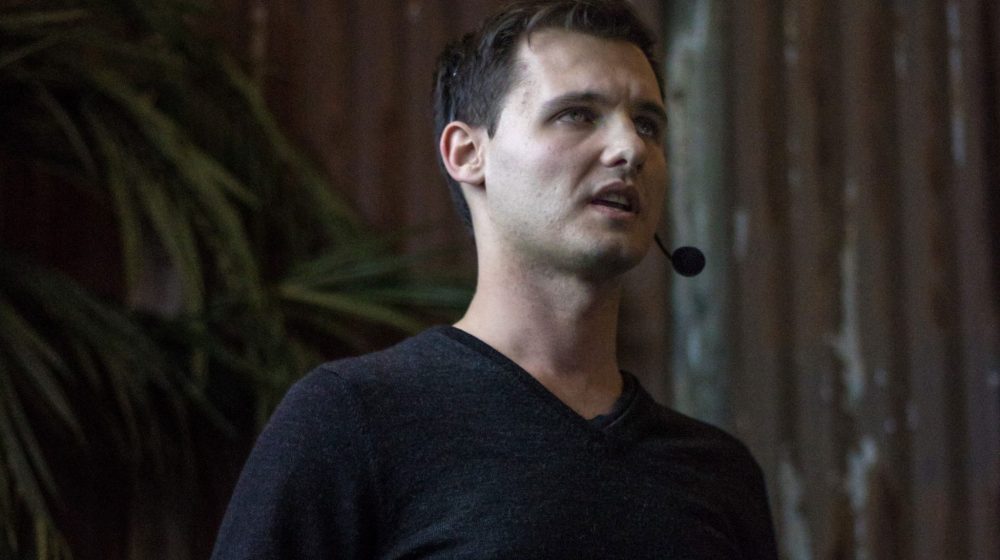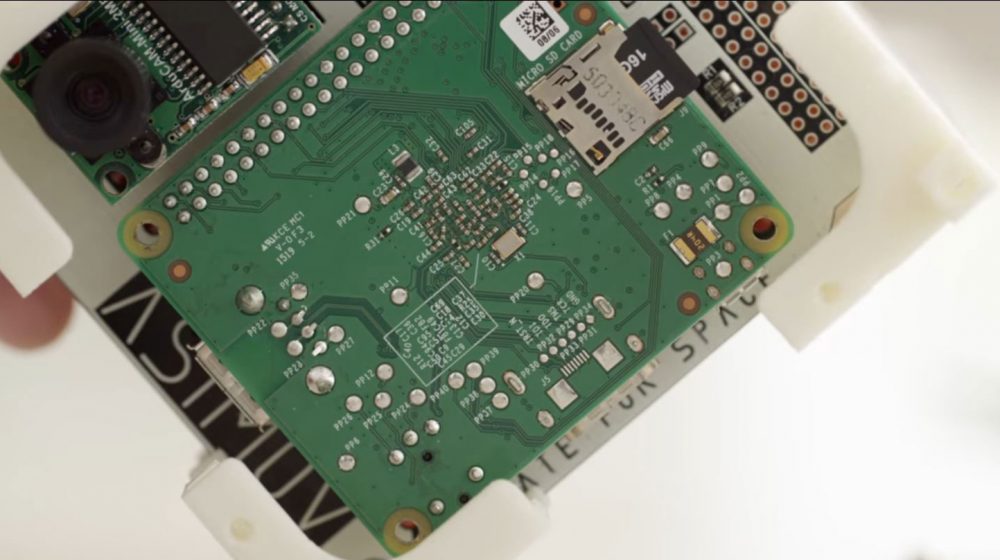Published on October 31, 2018
At the very core of scientific discovery is the ability to look beyond the limits of what is known and explore new frontiers, so it’s no wonder that Andreas’s early love of Science would tilt his gaze skyward to space.
“I’m passionate to see humanity reach the stars,” Andreas says. “Not only to spread our wings, but many, if not most, of the technologies that are designed for space travel and exploration have a significant contribution back to Earth in almost every field.”

In 2015 Andreas graduated from the University of Newcastle with a Bachelor of Engineering (Electrical) (Honours), and a Bachelor of Business. An active member of the student community, he took every opportunity to explore all that was on offer.
“I was involved in everything,” Andreas says. “I built electric motorbikes and cars and was a founder of the UoN MakerSpace. I undertook internships with BHP Billiton, MRM Engineering and Gloucester Coal and even worked with HMRI as part of a stroke-rehabilitation project. It was a privilege to be asked to be an ambassador for the UoN Engineering Faculty.”
The thesis Andreas wrote while at UoN, discussing the radical redesign of modern microsatellites to reduce cost and barriers to space for those who wanted to fly spacecraft, was a key motivator in the creation of his own company, Obelisk Systems – Australia’s first microsatellite hardware company. Named after the monument in Newcastle (because it resembled a rocket), the business grew rapidly, employing five staff and several interns. They received more than $250,000 in funding, several large grants and awards and were crucial to the delivery of Australia’s first commercial payload to the International Space Station.

In 2017, Andreas handed full control of Obelisk Systems over to the other team members and departed for Sydney to undertake more advanced space engineering. He is currently a lead avionics engineer at Saber Astronautics, working on the next generation of space mission software, space traffic control, and even a beer designed for astronauts! Their work with the Australian Air Force, US Air Force, and pioneering machine-learning applications with many universities and space companies around the world, is taking off in leaps and bounds.
Despite Andreas’s extraordinary life, he still gives back to HVGS through sharing his expertise with students, most recently working with Mr Walker and Technology students to design a motherboard to collect data, which was sent to space.
“Huge thanks to Mrs O’Grady, Mr Walker, Mrs Wheeler and Dr Ealing. They all helped guide me (particularly in my last couple of years at HVGS) without obscuring my passions, and all went out of their way to show me new ideas and concepts when they realised I was hunting for them.”
